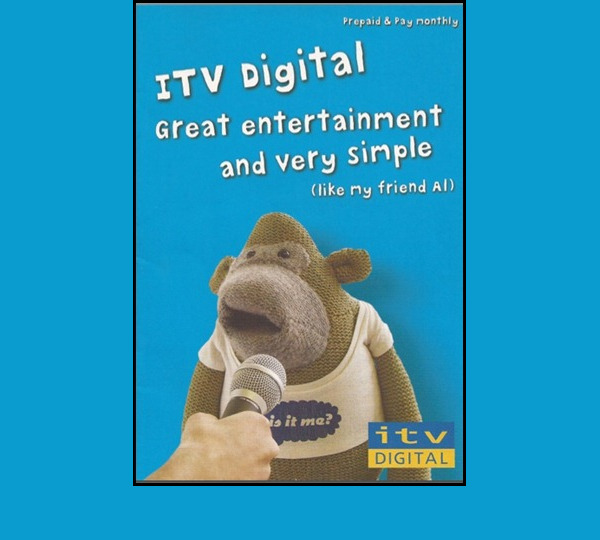After 25 years of watching the Murdoch TV empire unfold, the battle plan to beat him should be fairly obvious. You buy the best content – the most popular sport and movies – and raise lots of capital, and make watching it easy. Then you dig in for a very long fight.
In other words, this is the entertainment-business-as-usual. Wannabe telly and radio empires have failed because they bought the wrong stuff, were inconvenient to use or because they were under-capitalised in the long run – and typically it’s a mixture of all three. Entertainment isn’t an essential utility. It’s a discretionary purchase for households, and the market doesn’t tolerate inconvenience or rubbish for long.
But when the tale involves Rupert Murdoch, people will always look for diabolical reasons for his success. The myth demands it. A fascinating BBC Panorama researched by Guardian reporter David Leigh may give supporters of this view plenty of ammunition. It was enthralling TV about the TV biz, and must have been an eye-opening for anyone not familiar with the decade-old telly crypto saga. But for those of us familiar with the details and the context, the smoking gun just isn’t there. Murdoch’s telly rivals would have gone down even if nobody had ever watched a single one of their programmes for free.

